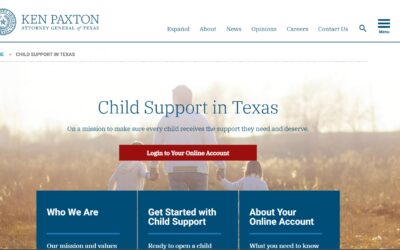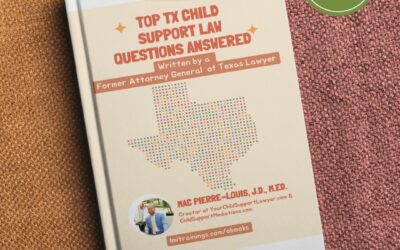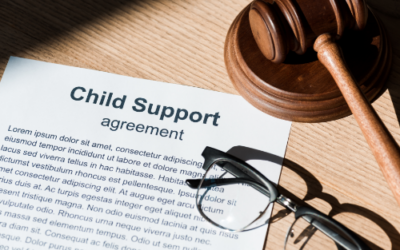CAN’T RENEW YOUR PASSPORT? THIS MIGHT BE A REASON WHY…
Federal law (42 USC 652(k) & 654(31)) allows the Department of Health & Human Services (DHS) to talk with states’ child support offices to confirm whether an NCP owes an amount exceeding $2500 in back child support. If confirmed, DHS can inform the US State Department to deny, revoke, or limit an NCP’s passport.
The federal law specifically orders that the US State Department “shall, upon certification by [DHS ]…refuse to issue a passport to such individual, and may revoke, restrict, or limit a passport issued previously to such individual…” The law goes on to note that neither DHS nor the State Department can be held legally liable to NCP’s who are denied their passports. Thus, while NCP’s should be leery of allowing their child support arrears to exceed even $1, they should be especially leery of falling behind $2500 when they need their passports for foreign travel. More than once I’ve encountered the NCP who wants emergency access to his passport to travel but is denied. For some, it’s to travel abroad for a foreign job opportunity, for others, it’s to attend an event such as a distant funeral. Whatever the reason, an NCP owing high support arrears may find himself restricted from traveling abroad.
While state child support offices have flexibility in granting an NCP some sort of waiver to access his passport, the burden is on the NCP to either pay down the balance, reach a repayment plan with the support office, or convince the office why he should be exempted. A lot of passport denial procedure is administrative and out of the purview of courts, so NCP’s may be limited in the venues where they can seek redress.
Thus, some may see federal passport denial law as an overbroad restriction on a debtor’s freedom to travel, while others may see it as an effective leveraging tool to get some support from a debtor NCP, especially an NCP who posses a flight-risk. I’m on the side of the law, although the $2500 threshold seems a bit too low in my opinion. The cases that do trouble me are disputed arrears cases where an NCP is automatically denied a passport until his arrears balance is settled or adjudicated by a court to not exceed $2500. The burden on NCP’s in such cases can seem a bit onerous. One thing is for sure, this law has consequences!
The above is for informational purposes only and does not constitute legal advice nor does it create an attorney-client relationship between the writer and reader. It is prudent to speak with an attorney before making any major legal decision.
Mac Pierre-Louis, an attorney at The Law Office of Pierre-Louis & Carr, PLLC based in Houston, TX, writes about child support law issues. He is bar licensed only in the states of Texas and Florida.





